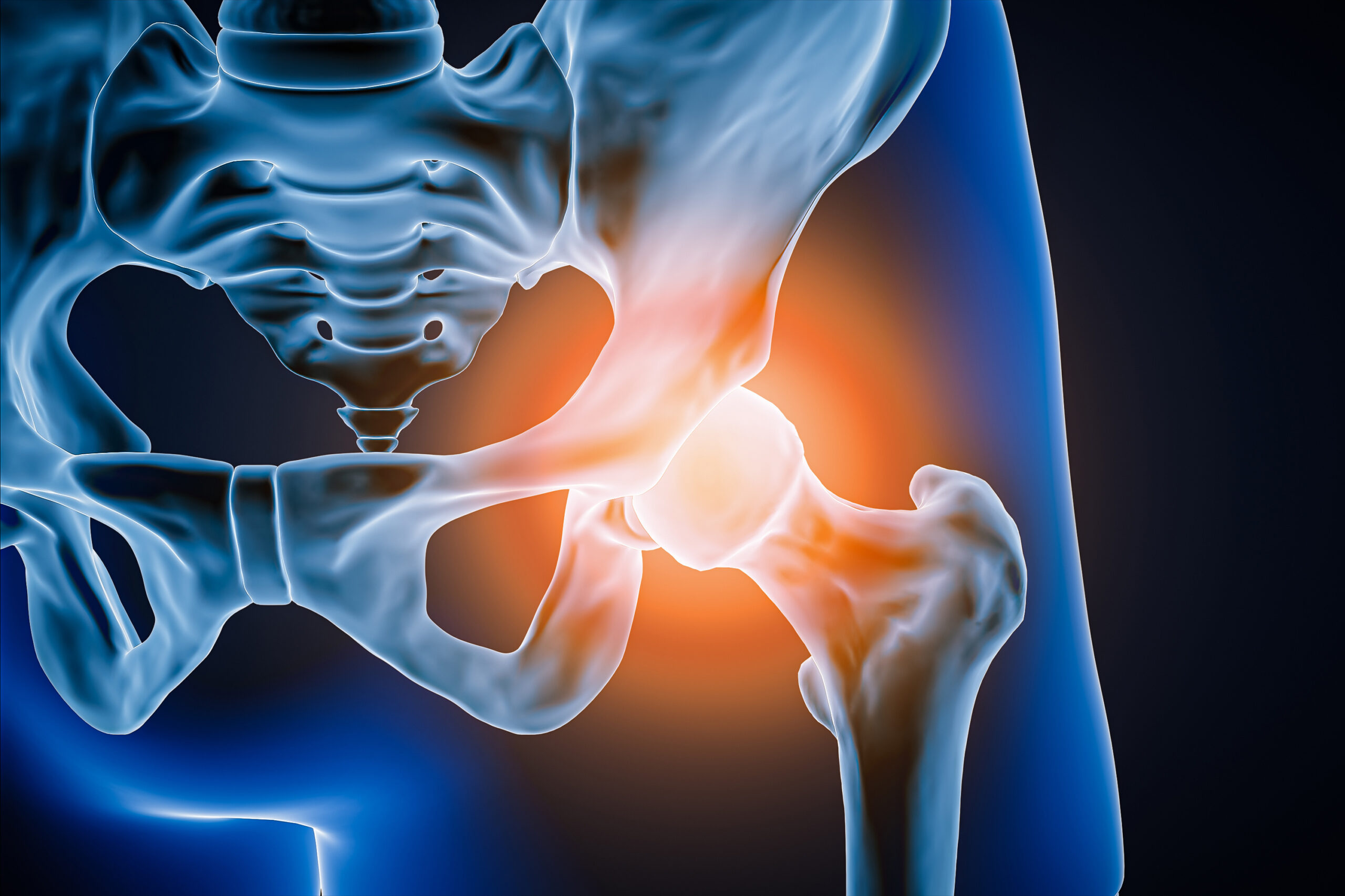As the over-65 share of the population skyrockets during the next 20 to 30 years, so too will the number of age-related illnesses and injuries. But there are many lifestyle changes adults can take to help prevent loss of function and independence from falls and related injuries like hip fractures. Improving bone health, mass and strength through diet and exercise can begin in our 30s and with a little more attention to calcium intake and activity, older adults can enjoy more years injury-free and active.
According to a recent New York Times Well report, a new Hong Kong study using data from people over the age of 50 who had fractured their hips between 2005 and 2018 found that hip fractures are expected to nearly double globally by 2050. Many hip fractures are a result of poor bone health, and an estimated one-half of breaks can be attributed to osteoporosis – a condition resulting from a loss of bone mass.
Osteoporosis affects about 10 million Americans, but many people are not properly diagnosed or treated. Hip fractures are among the most debilitating injuries older adults can sustain, often leading to a significant loss of mobility, and can hasten a move into assisted living. Studies have also found that as great as 25 to 30 percent of people die within a year of a hip fracture.
Getting enough calcium in your diet is only one part of an osteoporosis prevention plan. Vitamin D for calcium absorption is also key to maintaining a healthy bone mass. People who live in regions where adverse weather prevents them from spending much time outdoors in the winter may want to talk with their doctor about supplementation.
Another important factor in maintaining bone strength is to participate in a moderate weight-bearing exercise like walking for at least 150 minutes each week. Adults should also practice muscle-strengthening exercises on at least two days of the week. Weight-bearing exercises strengthen muscles and bones, and balance training can help seniors avoid falls that lead to injury. Removing household trip hazards and wearing sturdy, grippy shoes, boots or slippers can also help prevent falls. Wearing hip protectors may prevent fractures from falls and for those who have already fallen, can provide confidence in resuming normal activities.
Avoiding excess alcohol and caffeine and stopping smoking are also beneficial to prevent bone weakening in older age. Bone density scans are recommended for women over 65 and men over 70, but may also be recommended for individuals at higher risk for osteoporosis. Some people may be eligible for drugs to help improve bone density and treat the underlying condition.
As always, talk first with your doctor before starting any new exercise program or taking any new medication or supplement. Over-supplementation can have serious side effects.






Add Your Voice
0 Comments
Join the Discussion